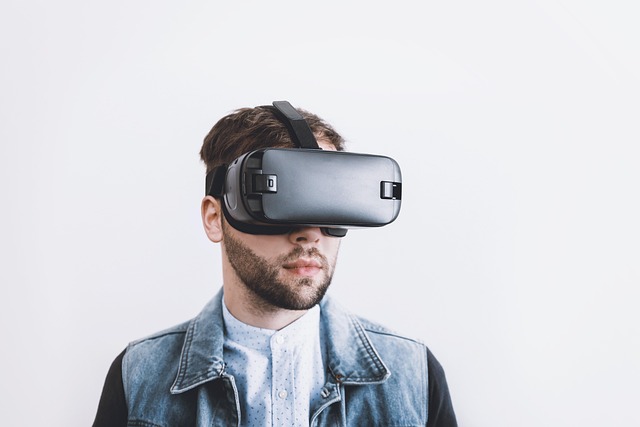In today’s rapidly evolving digital landscape, online education continues to redefine the way we absorb and process information. Amidst this transformation, one aspect stands out as a game-changer in developing deeper understanding — simulations. These dynamic tools serve as immersive learning environments where students don’t just passively receive information but actively build knowledge.
During our recent “Mastering Knowledge Building: Simulations in Online Education” webinar, educators, instructional designers, and e-learning enthusiasts gathered to explore how these interactive experiences enhance cognitive engagement and foster long-term learning. There was a shared excitement, a recognition that simulations bring something vital to the table — the power to turn abstract concepts into lived experiences.
One of the key takeaways was that knowledge building isn’t just about memorizing facts; it’s about constructing understanding through real-world application. In the virtual classroom, this means giving learners the opportunity to experiment, fail, and try again. Simulations create a risk-free environment where choices have consequences and learners can refine their thinking by experiencing outcomes in real time.
We also delved into the versatility of simulations. Whether it’s a medical student practicing surgical procedures, a business major navigating complex financial scenarios, or a programmer debugging in a simulated environment, the potential for enriched learning is endless. These tools not only mimic real-life situations but also encourage collaboration, critical thinking, and reflection — all essential elements for effective online education.
Perhaps most inspiring was hearing from webinar participants who are already implementing simulations in their own teaching. From using branching scenarios to promote decision-making skills to designing role-play experiences that mirror industry challenges, educators shared practical techniques that anyone can adapt to suit their curriculum.
Ultimately, the webinar offered more than just strategies — it fueled a shared vision of what learning could and should look like in the online space. Simulations are not just tools; they are gateways to authentic understanding and meaningful knowledge construction.




